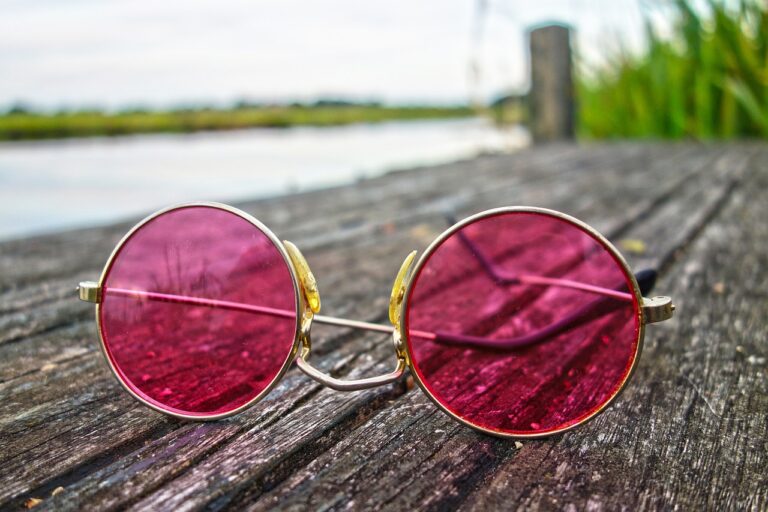Sustainable Cricket Merchandise: Eco-Friendly Choices
Cricket enthusiasts are increasingly conscious of the environmental impact of the sport and are seeking more sustainable alternatives in cricket merchandise. One way to reduce the carbon footprint is by choosing eco-friendly materials that are recyclable and biodegradable. Bamboo, for instance, is a popular choice for cricket bats due to its durability and sustainable growth characteristics.
In addition to bamboo, manufacturers are exploring inventive ways to incorporate recycled materials into cricket gear. From using recycled plastic for cricket helmets to repurposing old cricket pads into new products, upcycling offers a creative solution to reduce waste in the cricket industry. By opting for eco-friendly materials and upcycled products, players and fans can contribute to a more sustainable future for the sport they love.
• Bamboo is a popular choice for cricket bats due to its durability and sustainable growth characteristics.
• Manufacturers are exploring ways to incorporate recycled materials into cricket gear.
• Upcycling old cricket pads into new products helps reduce waste in the industry.
• Choosing eco-friendly materials can contribute to a more sustainable future for cricket.
Upcycling in Cricket Gear
Cricket gear upcycling is gaining traction as a sustainable practice in the sporting industry. Discarded items like old bats, gloves, and helmets are being repurposed into new cricket gear, reducing waste and conserving resources. This innovative approach not only promotes eco-consciousness but also adds a unique touch to the gear, giving it a fresh look and feel.
By upcycling cricket gear, manufacturers are able to offer consumers a more environmentally friendly option without compromising on quality. From turning old pads into stylish accessories to transforming worn-out jerseys into trendy bags, upcycling opens up a world of possibilities for creating one-of-a-kind cricket merchandise. This shift towards upcycling in cricket gear reflects a growing awareness of the importance of sustainable practices in the sports industry.
Biodegradable Packaging Options for Cricket Products
One sustainable trend gaining traction in the cricket industry is the use of biodegradable packaging options for cricket products. With the growing concern for environmental conservation, cricket brands are shifting towards eco-friendly solutions to minimize their carbon footprint. By utilizing biodegradable packaging, these companies aim to reduce the environmental impact of their merchandise throughout the supply chain.
Biodegradable packaging options for cricket products encompass a wide range of materials such as compostable plastics, recycled paper, and plant-based alternatives. These innovative packaging solutions not only help in reducing plastic waste but also contribute to the overall sustainability goals of cricket brands. As more players and fans become aware of the need for eco-conscious practices, the adoption of biodegradable packaging options is expected to become a standard in the cricket industry.
What are some eco-friendly materials commonly used in cricket merchandise?
Some eco-friendly materials used in cricket merchandise include bamboo, cork, recycled polyester, and organic cotton.
How is upcycling incorporated into cricket gear?
Upcycling in cricket gear involves repurposing old materials to create new products, such as using recycled plastic bottles to make cricket jerseys.
What are some biodegradable packaging options for cricket products?
Biodegradable packaging options for cricket products include compostable bags, paper packaging, and plant-based plastics that break down naturally.
Are biodegradable packaging options for cricket products cost-effective?
While some biodegradable packaging options may have a slightly higher upfront cost, they can be more cost-effective in the long run due to their environmental benefits and potential savings on waste management.
How can consumers ensure they are choosing sustainable packaging for their cricket products?
Consumers can look for certifications such as the Forest Stewardship Council (FSC) or the Biodegradable Products Institute (BPI) on packaging labels to ensure they are choosing sustainable options for their cricket products.







